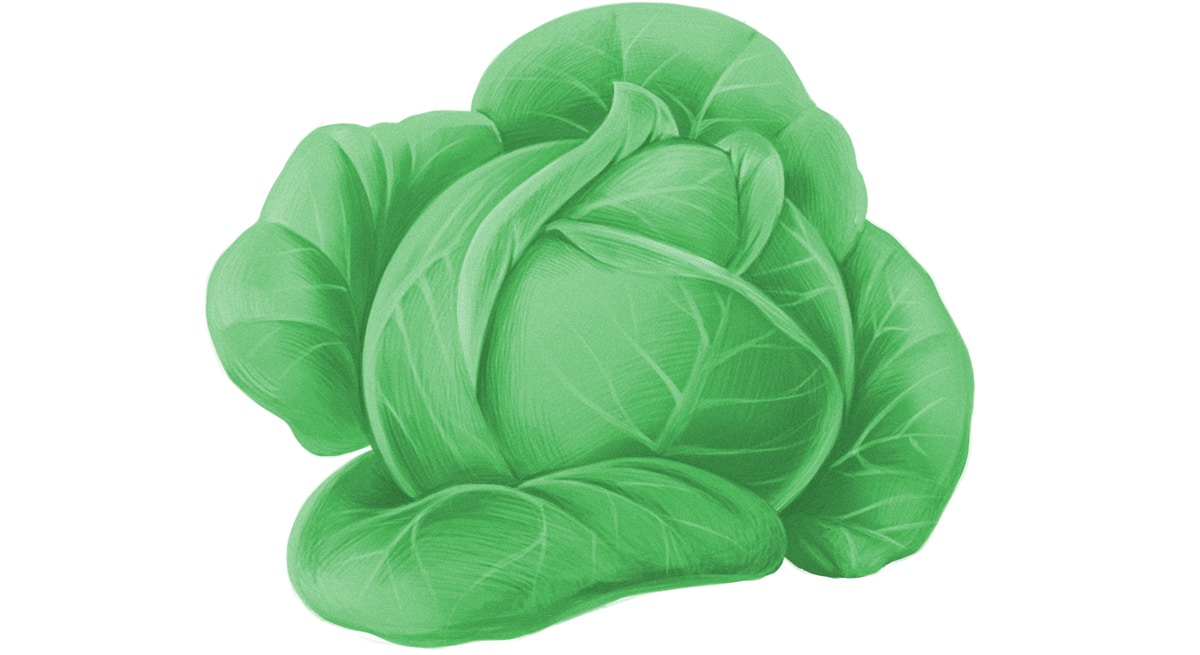A healthy human being needs a healthy gut. Search Google Scholar for just about any disease “+ microbiome” or “+ gut flora” and you’ll come up with something. But how to make that elusive gut health happen?
A lot of gut health advice centers around food – what to eat and what to avoid. But gut health is more than diet; it’s affected by lifestyle, too. So here are 5 simple things you can do to keep those gut flora happy – and only two of them have anything to do with food!
1. Laugh at Something
There’s a reason why researchers talk about the “gut brain” as a crucial part of your overall nervous system around 90% of the neurotransmitter serotonin, for example, is actually located in the gut. Brain health and gut health are connected. Stress or anxiety in your brain will rebound down to the gut: there’s a reason why Irritable Bowel Syndrome is so strongly associated with depression and mood disorders!

Stress plays a role in almost every kind of gut flora problem – undergrowth, overgrowth, the wrong types of bacteria, lack of diversity, or whatever else might be troubling you. And that implies that stress-reducing activity will probably help almost any gut.
One practical way to make that happen is to find a way to get a laugh out of yourself – and yes, there’s actually been a study on this. The researchers studied healthy controls and patients with atopic dermatitis, a disease typically accompanied by gut flora problems. The patients had notably different gut flora from the healthy controls. After watching funny movies every day for a week, their gut flora had changed to look much healthier.
Finally, justification for watching as many adorable kitten/puppy/seal/red panda/penguin videos as your heart desires: it’s for your health!
2. Go for a Walk.
Exercise is a powerful modulator of gut flora. Just to name a couple benefits, it can increase species diversity and help reverse gut flora changes associated with obesity.
If you’re having serious digestive problems, you might not be feeling up to a big workout or anything particularly strenuous – that’s fine. Just heading out for a brisk half-hour walk is enough to start seeing some benefits.
More intense exercise is also perfectly fine; just make sure you’re getting enough recovery time in. Overtraining means chronic inflammation, which won’t do you or your gut any favors.
3. Go to Bed.
You can hide your fatigue with caffeine, but your body isn’t any less tired. Sleep deprivation really messes with the gut flora, especially if it’s paired with a bad diet. As if you didn’t already have enough reasons to get enough sleep!
Some quick tips for getting good quality sleep:
- It won’t happen on its own. You have to make it happen. Set a bedtime and post reminders where you’ll see them.
- Sleep in a cool, dark room with no external light.
- Avoid screens or use orange glasses for an hour before bedtime.
For more tips and information, take a look here.
4. Eat Probiotic Foods, Maybe.
The first three tips were applicable to everyone and anyone, but probiotics are a little different. They may or may not be right for you.
Probiotic foods are foods that contain live bacterial cultures, the same bacteria that you need in your gut. They get the bacteria through fermentation – for example, turning cabbage into sauerkraut. Other probiotic foods include yogurt, kefir, and kimchi. We’ve been fermenting foods for the probiotic benefits since we figured out how to do it, and almost all food cultures have some kind of traditional fermented dish.
Think of probiotic foods as a kind of bacterial transplant. This can be great, or it can be a problem:
- If you don’t have bacterial overgrowth problems, eating probiotics is great and one of the best ways to maintain gut health.
- If you do have a bacterial overgrowth, eating probiotics can backfire, because it fuels the overgrowth that’s already causing problems.
The most common kind of bacterial overgrowth is SIBO (Small Intestinal Bacterial Overgrowth). SIBO is notoriously hard to diagnose even with lab tests, but in general, here’s a quick way to check and see if probiotics are helping and hurting you: try a one-week probiotic elimination and then have one small serving of a probiotic food. See how you feel. If you feel good, or if there’s no immediate reaction, you’re probably fine with them. If you feel bloated or your symptoms get worse, don’t keep eating them!
5. Adjust your Fiber Intake.

“Eat more fiber” is not a digestive cure-all! Fiber basically provides food for the gut flora, but any problems with the gut flora can cause intolerances to different kinds of fiber. There’s also the problem of overgrowth to think about: if you already have too many bacteria in the gut, do you really want to be giving them an all-you-can-eat buffet?
Here are some tips for finding the fiber level that works for you:
- In general, eating lots of fiber-rich foods is good for your gut. But if you’re new to Paleo, ramp up your vegetable intake slowly – give everything a chance to adjust before you start eating through half a head of cabbage at a time!
- If you’re having bloating, constipation (by itself or alternating with diarrhea), gas, and similar problems after eating vegetables, you might be having trouble with too much or the wrong kind of fiber. Consider trying an elimination protocol for a type of fibers called FODMAPs.
Yes, it’s true: sometimes reducing fiber, or at least certain kinds of fiber, can be good for your gut.
Summing it Up
Gut health is about more than food. Too many people get sucked into looking for more and more intolerances when really they’re just not getting enough sleep, or they’re chronically stressed. That’s not helping you, so don’t do it.
For the best gut health, it’s really about getting your food and non-food factors under control. Maybe it's time to stop worrying about every vegetable that passes your lips, take a break to laugh at something silly, and go to bed early - your gut flora may thank you!
So, what have you done to improve your own gut health? How did it work? Let us know on Facebook or Google+!





Leave a Reply